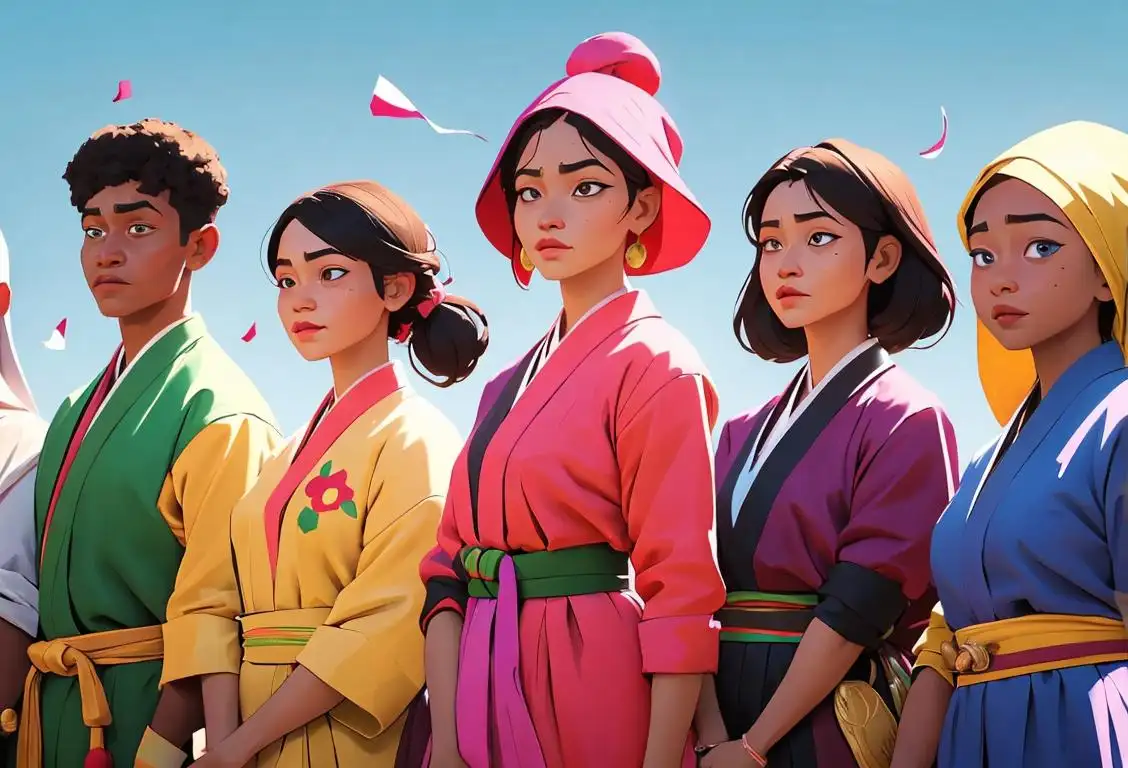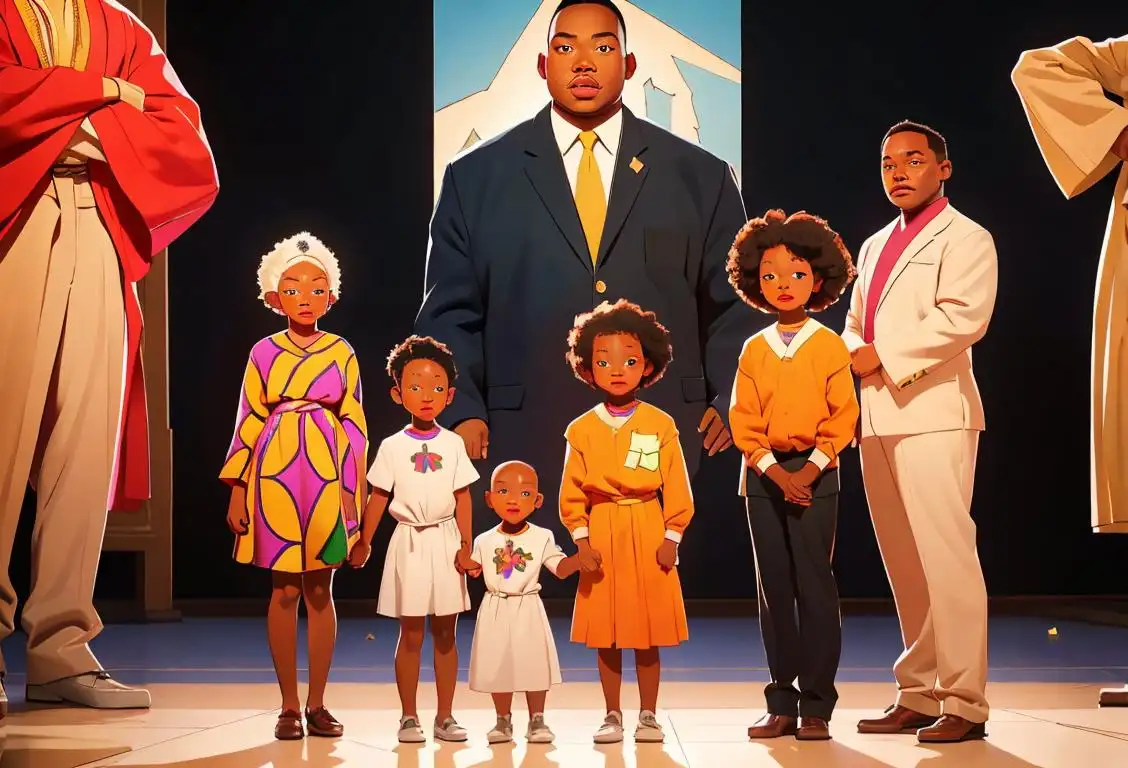National Gringo Day

Get ready to celebrate National Gringo Day, the day when we pay tribute to all the non-Spanish-speaking tourists who try their best to speak the language, but end up sounding like they're just reciting the Taco Bell menu! It's a day to embrace our inner gringos and have some fun. So grab your sombrero and let's dive into the hilarious history of this day!
When is Gringo Day?
It's national gringo day on the 4th May.
The Internet History of National Gringo Day
It all started on May 4th, 2018, when the internet exploded with mentions of National Gringo Day. People from all walks of life came together to celebrate the unique charm of gringos. If you're not familiar with the term, a gringo is typically used to refer to a foreigner, mainly from the United States, who might not be fluent in Spanish.
On this special day, countless memes, videos, and hilarious stories flooded social media platforms. People shared their funniest encounters with gringos attempting to order food in Spanish or asking locals for directions. It became a global phenomenon, uniting people with laughter regardless of their nationalities.
The True Meaning of National Gringo Day
National Gringo Day is not just about making fun of non-Spanish speakers or poking fun at cultural misunderstandings. It's about embracing diversity, celebrating the joy that comes from linguistic mishaps, and learning to laugh at ourselves. It's a day to remind ourselves that no matter where we come from, we're all in this crazy, multilingual world together.
So, whether you're a gringo trying your best to order tacos or an expert Spanish speaker chuckling at the antics, National Gringo Day is a time to come together and enjoy the hilarity that language barriers bring.
History behind the term 'Gringo'
19th century
Origin in Spanish dialects
In the early 19th century, the term 'gringo' first emerged in Spanish dialects spoken in Spain and Latin America. It was used to refer to foreigners, particularly from English-speaking countries. The exact origin and etymology of the term are unclear, with various theories suggesting it may have derived from terms like 'griego' (Spanish for 'Greek') or 'green go' (referring to the green uniforms worn by U.S. soldiers during the Mexican-American War). Gringo was initially used as a neutral term, rather than a derogatory one.
Early 20th century
Evolution into a pejorative term
Over time, the term 'gringo' began to take on a more negative connotation, particularly in Mexico. It became associated with Americans who were seen as arrogant, culturally insensitive, or ignorant of local customs and language. This negative perception was fueled by historical tensions between the United States and Mexico, including the Mexican-American War and U.S. interventions in Mexican affairs. As a result, 'gringo' came to be used as a derogatory term for non-Spanish speaking foreigners, especially Americans.
Modern usage
Neutral and contextual meanings
In modern usage, the term 'gringo' carries different connotations depending on the context and region. While it may still be used as a derogatory term in some areas, it is often used more neutrally or even affectionately in other contexts. For example, in some Latin American countries, 'gringo' simply refers to a person who does not have Latin American or Spanish heritage, regardless of their nationality. It has also found its way into popular culture, being used in various songs, movies, and books, further influencing its evolving meanings.
Did you know?
Did you know that the term 'gringo' originated in Mexico during the Mexican-American War? Mexican soldiers would chant "Green go!" to mock the American soldiers wearing green uniforms. And thus, the term 'gringo' was born! Now, it's a lighthearted term used to describe non-Spanish speakers.Tagged
awareness fun cultureFirst identified
4th May 2018Most mentioned on
4th May 2018Total mentions
6Other days
Minority Day
Hot Sauce Day
Eat What You Want Day
African American Museum On Mlk Day
Goth Day
Noodle Day
Handloom Day
Moving To Canada Day
History Day
Australia Day









